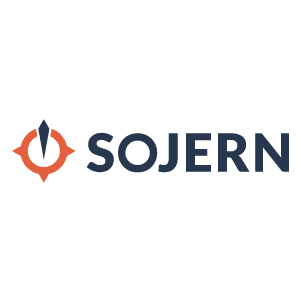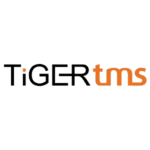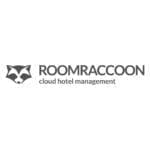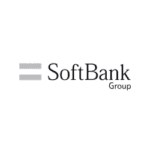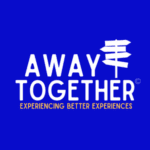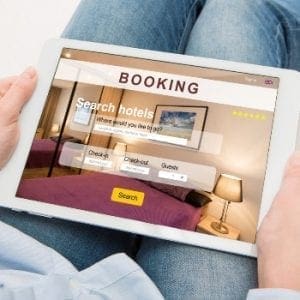 F&B, check-in, check-out, concierge, ETA, book direct, rate, overbooking…these are all words you know very well, right?
F&B, check-in, check-out, concierge, ETA, book direct, rate, overbooking…these are all words you know very well, right?
Guess what? Most of your website visitors probably don’t have any idea of what those terms mean. It’s like you belong to Hogwarts and your website visitors are muggles – they will not understand your ‘magic’. As an hotelier, you’re so used to this hospitality jargon that you don’t notice when you write it.
That’s why a lot of hotel websites contain these terms and, although you might find them harmless, they can negatively impact your direct reservations.
If the ultimate goal of your website is to sell, your benefits and strong points should not be a charade to the website visitor.
A simple and direct language is very important to make your visitors feel confident to book on your website. Your future guests need to understand your message in a fast and obvious way!
After analysing a representative sample of hotel websites, we concluded that, on average, a website receives visits from 54 different countries. However, they are usually only translated to 4 languages!
Avoiding jargon becomes even more important if you think that a lot of people visiting your website are not reading it in their native tongue.
If they don’t understand the information you provide, they will have a hard time making the decision to book and will probably look for alternatives, most likely they will book through an OTA. These third parties are experts at using powerful language that guests connect with.
So now that you know this, you must be thinking…What should I do then?
The first step is to revise your website content and eliminate obvious hospitality jargon such as front-office, pax, FIT, up-sell, etc. and replace them with easy and common words, even for non-native speakers. For example, if you offer an early check-in or a late check-out substitute these for ‘Arrive early” and “Leave later”. Or when talking about amenities, write exactly what you offer, for example – shampoo, body lotion & soap.
If you want to (and you should) take things to the next level, you must start thinking about creating more compelling content by making subtle shifts in language that will impact your direct reservations. For example, instead of saying “Book direct – best rate guaranteed” on your website, use “Book on our website for the lowest price and complimentary breakfast”. Instead of “Refundable” say “Free Cancellation”. Show your visitors that this is clearly the best choice they can make!
To summarise, some words, sentences and expressions are not as direct as you assume them to be. When in doubt, ask someone that does not work in the industry if they understand and moreover, if it’s appealing.
Hospitality jargon is not a mystery for you but it can get in the way. Start using clear language and strong messages because minor changes can make a major difference.




